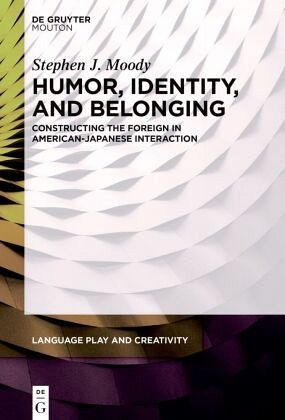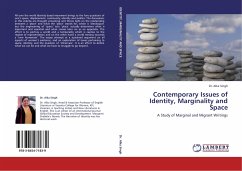Nicht lieferbar

Humor, Identity, and Belonging
Constructing the Foreign in American-Japanese Interaction
Versandkostenfrei!
Nicht lieferbar
This book presents an ethnographic perspective on the intersection of humor, identity, and belonging. Based on recorded interactions between Americans and Japanese, it explores how beliefs and stereotypes surrounding gaijin 'foreigner' identities create various types of humor such as mockery, sarcasm, and conversational jokes. Through this analysis, the study also discusses how identity-focused humor impacts participants' understandings of interculturality and social belonging. In particular, it argues that while "being an outsider" can be marginalizing, humor allows cultural differences to be...
This book presents an ethnographic perspective on the intersection of humor, identity, and belonging. Based on recorded interactions between Americans and Japanese, it explores how beliefs and stereotypes surrounding gaijin 'foreigner' identities create various types of humor such as mockery, sarcasm, and conversational jokes. Through this analysis, the study also discusses how identity-focused humor impacts participants' understandings of interculturality and social belonging. In particular, it argues that while "being an outsider" can be marginalizing, humor allows cultural differences to become a basis for developing inclusion and social unity, in part through the recognition of shared norms and values.












